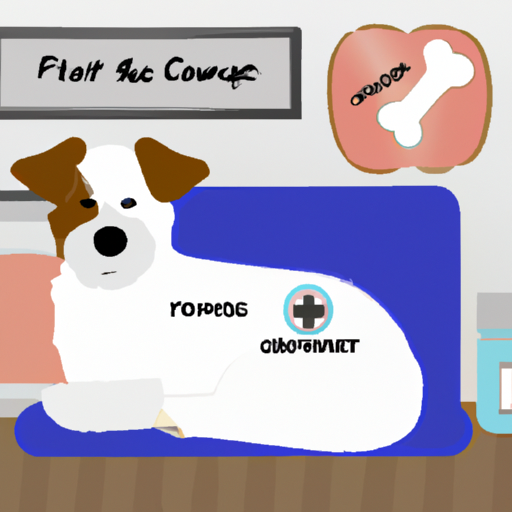Introduction
Let’s face it, as a caregiver, your dog is more than just a pet; they’re part of the family. So when they’re in discomfort, it’s natural to want to help. Hemorrhoids, while more common in humans than in our four-legged friends, can occasionally afflict dogs. If you have noticed signs of discomfort in your dog, such as difficulty sitting or visible lumps near the rectal area, they may be suffering from hemorrhoids.
Understanding Hemorrhoids in Dogs
Hemorrhoids in dogs, like in humans, are swollen veins in the lower part of the rectum or anus. They can occur internally or externally and can cause discomfort, itching, and even bleeding. While there’s no surefire way to prevent hemorrhoids in dogs, a healthy diet and regular exercise can help reduce the risk.
Symptoms of Hemorrhoids
Your dog cannot verbally communicate their discomfort, so it’s crucial to be aware of the signs. Symptoms may include:
- Difficulty sitting or discomfort when sitting
- Swelling or lumps near the rectal area
- Blood in the stool or on the fur around the rectum
- Excessive licking or biting of the anal area
Home Treatment for Hemorrhoids
While severe cases should be addressed by a veterinarian, there are steps you can take at home to alleviate your dog’s discomfort.
- Dietary Changes: Increase the fiber in your dog’s diet. This can help to alleviate constipation, which can exacerbate hemorrhoids.
| High Fiber Dog Foods | Benefits |
|---|---|
| Pumpkin | Rich in fiber and helps digestion |
| Green beans | Low in calories and high in fiber |
| Sweet potatoes | High in fiber and packed with vitamins |
-
Exercise: Regular exercise can help your dog maintain a healthy weight, reducing the risk of hemorrhoids.
-
Hygiene: Keep the anal area clean to prevent further irritation.
Frequently Asked Questions
Q: Can hemorrhoids in dogs be prevented?
A: While there’s no guaranteed way to prevent hemorrhoids, a healthy diet and regular exercise can help reduce the risk.
Q: Should I take my dog to the vet for hemorrhoids?
A: If your dog’s symptoms are severe or persist despite home treatment, it’s advisable to seek veterinary care.
Q: Can hemorrhoids in dogs lead to more serious health issues?
A: If left untreated, hemorrhoids can lead to complications like anemia. It’s essential to treat the condition promptly and seek veterinary care if symptoms worsen.



